You are here
Back to topHonduran Bananas Secure China Market Access
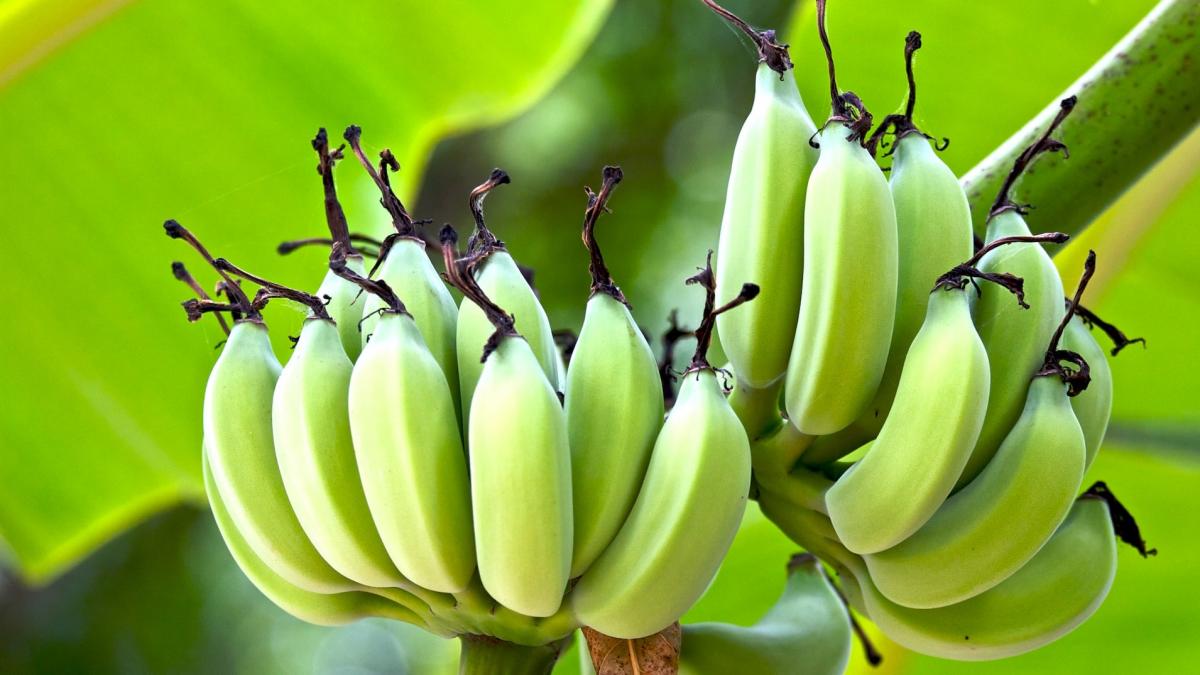
On June 13, the General Administration of Customs of China announced via a notice on its website that fresh Honduran bananas meeting the stipulated phytosanitary requirements would be permitted for import into China.
China and Honduras established diplomatic relations on March 26 after Honduras formally cut diplomatic ties with Taiwan. The foundation for trade cooperation was laid in less than three months after the Honduran Foreign Ministry released a statement recognizing the People’s Republic of China as the only legitimate government for all of China. In addition to a commitment to deepen cooperation under the Belt and Road Initiative and to begin negotiations on a free trade agreement, the two countries cemented 17 trade deals spanning a range of industries, including agriculture.
Prominent Honduran products such as coffee, shrimp, melons and bananas are already allowed to be exported to China. According to Honduran Minister of Economic Development Fredis Cerrato, Honduran goods no longer need to transit through Taiwan and can instead be sold directly to the Chinese market. Direct exports lead to “lower costs, faster speed, and more opportunities,” he highlighted.
Bananas have historically been the Central American country’s second-largest export earner, trailing only coffee. Hurricanes Eta and Iota in 2020 wreaked havoc on Honduran banana production and exports. Last year, however, saw signs of recovery, with export volumes growing by 55.1% and revenue rising to $638.2 million, more than double the $312.3 million registered in 2021. This spike in export value has been partially ascribed to a worldwide price increase caused by lower output in Ecuador, the world’s largest banana supplier.
According to the GACC notice, China will now permit the import of Honduran immature green bananas with no apparent cracks on the skin that are picked within 10–11 weeks after flowering. The quarantine pests of concern include the Mediterranean fruit fly (Ceratitis capitata), gray pineapple mealybug (Dysmicoccus neobrevipes), South American palm weevil (Rhynchophorus palmarum), burrowing nematode (Radopholus similis) and the fungi Fusarium oxysporum f. sp. cubense and Mycosphaerella musicola.
All Honduran banana orchards registered for export to China must adhere to good agricultural practices and integrated pest management schemes. Furthermore, banana plantations must adopt a traceability system under the supervision of the Honduran Ministry of Agriculture and Livestock, which will be in charge of overseeing all stages of banana processing, packaging, storage and transportation to China.
During the first two years following the start of exports, Honduras must take samples of 2% of each batch of bananas headed for China. If no phytosanitary problems are detected within two years, the sampling rate will be decreased to 1%.
Image: Unsplash
This article was based on a Chinese article. Read the original article.



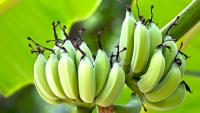
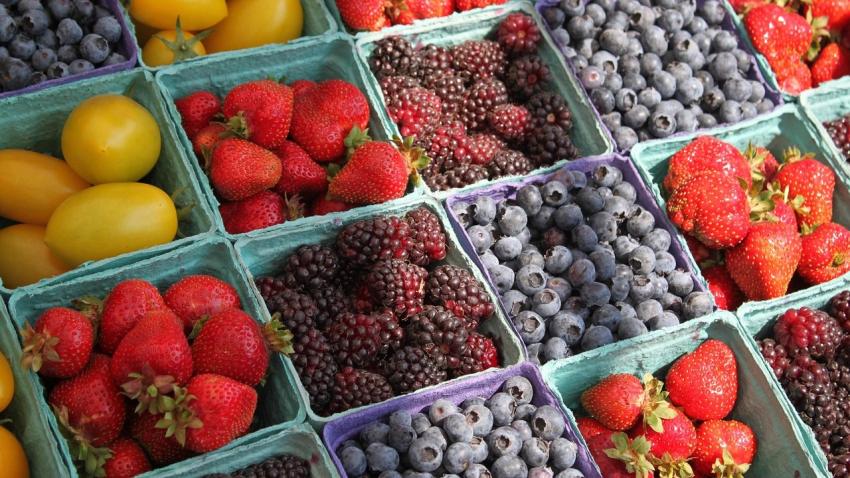
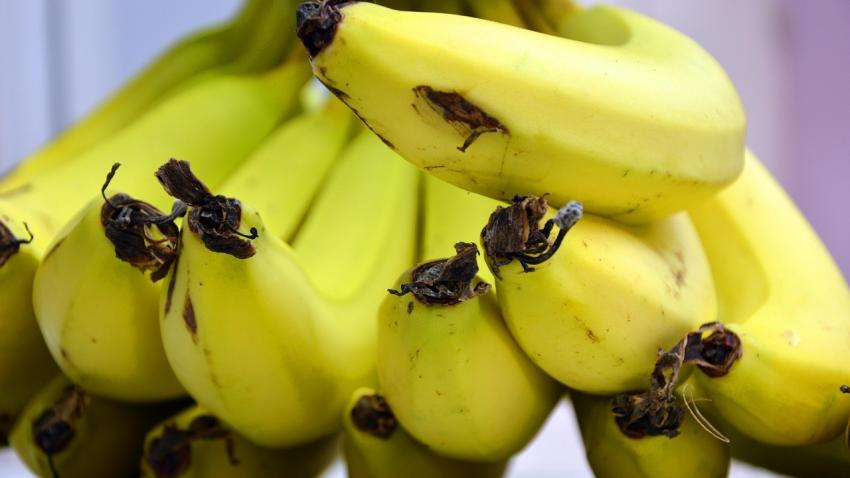
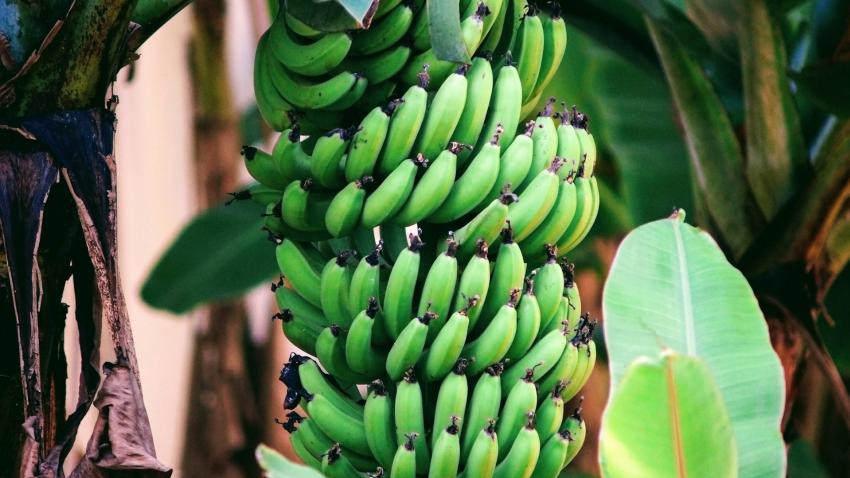
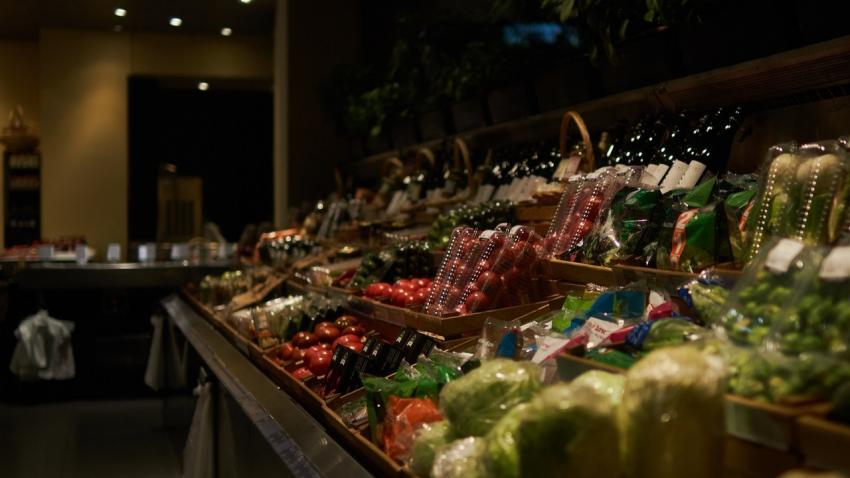







Add new comment